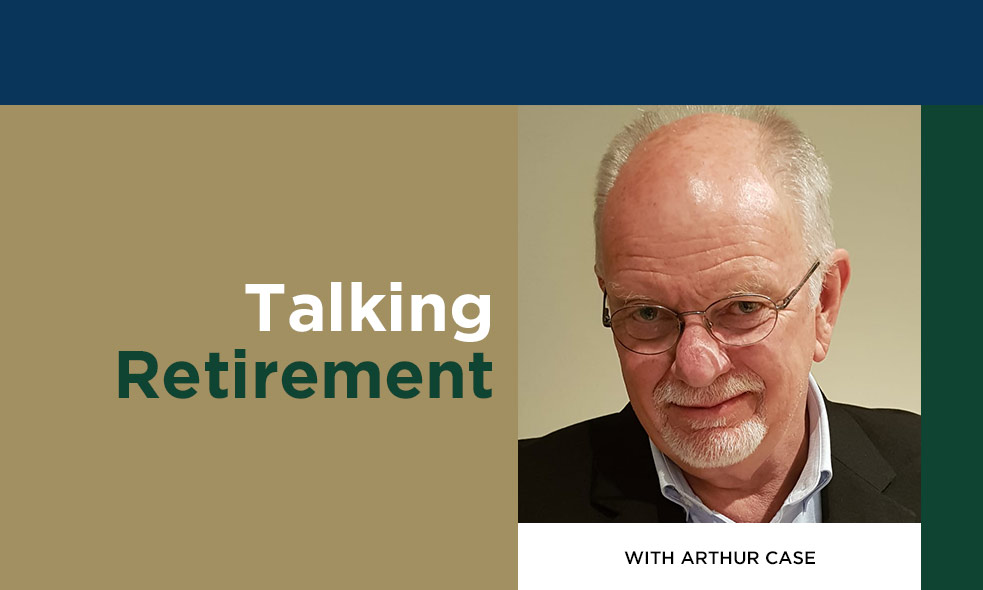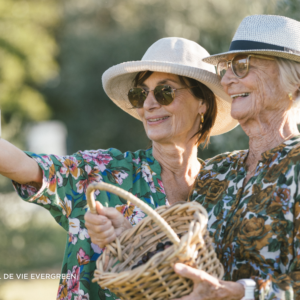
What was it I wanted to share with you…?
Oh yes, it’s about a great essay I read over the holidays, Everyone knows memory fails as you age. But everyone is wrong. It was written by 62-year-old neuroscientist Dr Daniel J. Levitin, who claims that memory impairment has less to do with age and more to do with our attitude to learning and experiencing new things. Until recently, accepted thinking was that our brains are hardwired at birth and cannot be altered. This, however, is incorrect. Learning new skills and enjoying new experiences opens new pathways in the brain and strengthens our cognitive ability. This ability to create new neural connections is called neuroplasticity.
So, why is it that seniors sometimes suffer from short-term memory loss? Firstly, there is some cognitive decline as we grow older, although this is immaterial for those who continue to exercise their brains. Secondly, according to Levitin, seniors need to search through more stored data than younger people in order to extract information. As he explains, “Your brain becomes crowded with memories and information. It’s not that you can’t remember – you can – it’s just that there is so much more information to sort through. A 2014 study found that this “crowdedness” effect also shows up in computer simulations of human memory systems.”
Levitin reminds us even 20-year-olds forget the simplest things. And as he puts it, “Twenty-year-olds don’t think, “Oh dear, this must be early-onset Alzheimer’s.” They think, “I’ve got a lot on my plate right now” or “I really need to get more than four hours of sleep.” What’s more, he continues, “in the absence of brain disease, even the oldest older adults show little or no cognitive or memory decline beyond age 85 and 90.” “Memory impairment”, he says, “is not inevitable.”
For the record, this is not to say that brain disease in the form of dementia and Alzheimer’s does not exist. On the contrary, these illnesses seem to be on the rise in our stressful modern-day society. But that’s a topic for another conversation.
Levitin continues, “My memories of being 10 years old are clearer than my memories of 10 days ago. Shouldn’t that seem odd?”
“But in the warm, familiar privacy of my own mind, it didn’t seem odd at all: I am that same person. I don’t feel 50 years older. I can see the world through the eyes of that mischievous 10-year-old. I can remember when the taste of a Butterfinger candy bar was the most delectable thing in the world. I can remember the first time I encountered the grassy smell of a spring meadow. Such things were novel and exciting back then, and my sensory receptors were tuned to make new events seem both important and vivid.”
“I can still eat a Butterfinger and smell spring meadows, but the sensory experience has dulled through repetition, familiarity and aging. And so I try to keep things novel and exciting. My favorite chocolatier introduces new artisanal chocolates a few times a year and I make a point to try them — and to savor them. I go to new parks and forests where I’m more likely to encounter the smells of new grasses and trees, new animal musks.”
“When I find them, these things I remember for months and years, because they are new. And experiencing new things is the best way to keep the mind young, pliable and growing — into our 80s, 90s and beyond.”
I recently had a conversation with counselling psychologist Dr Hannetjie van Zyl-Edeling, who shares Dr Levitin’s views. She mentioned to me that in addition to learning new things, food supplements like magnesium, lecithin and phosphatidyl-serine are also important for our short-term memory. A healthy diet and age-appropriate exercise complete the recipe for brain health as we grow older.
Isn’t this excellent news to start the new year with? I confess that at 65, I was one of those people bothered by occasional forgetfulness and concerned about my brain function. I am, however, approaching 2020 with new energy and have resolved to keep my brain healthy – I hope that you will too.
If you would like to learn more about healthy aging, I can recommend these two books:
- Successful Aging: A Neuroscientist Explores the Power and Potential of Our Lives by Dr Daniel J. Levitin
- Over the Moon: A Guide to Positive Ageing by Dr Hannetjie van Zyl-Edeling
At Evergreen Lifestyle, we understand the realities of growing older and our villages are designed to reduce the stress of modern living, provide a wide range of new experiences and create a space to make new friends. Add healthy eating and exercise to our blueprint and you have all the ingredients for a healthy mind, body and spirit.
To find out more about Evergreen, please call Sharon on 087 808 7000 or email us at info@evergreenlifestyle.co.za.



